Section 3501(a)(5) of the Pennsylvania Divorce Code allows marital property to be removed from the marital estate if the property has been sold, granted, conveyed or otherwise disposed of in “good faith” and “for value” prior to the date of final separation. However, pursuant to section 3505(a) of the Pennsylvania Divorce Code, a transfer of marital property to third persons who paid wholly inadequate consideration may be deemed fraudulent and declared void.
The Pennsylvania Courts provided guidance in case law as to whether a transfer is a valid transfer within section 3501(a)(5) or a fraudulent transfer under section 3505(a).
In the Radakovich v. Radakovich case, a husband and wife transferred funds to a Pennsylvania Uniform Transfers to Minors Act account for the benefit of their son. The parties then went through a divorce. The wife argued that the funds were marital assets subject to division. The husband argued that the funds were properly transferred and non-marital. The Pennsylvania Superior Court agreed with the husband and found that a valid transfer was made to the parties’ son. The court did not declare the transfer void, and did not require the son to repay the husband and wife for the value of the account.
In the Nagle v. Nagle case, the husband transferred a marital business interest to his son. The wife did not participate in the transfer. The husband argued that the transfer was not to defraud the wife, but rather, because the son worked for the business and it was part of a valid estate plan. The wife argued that the transfer was fraudulent. The court in Nagle v. Nagle said that if the wife had participated in the transfer, it may have been a valid transfer. Since the wife did not participate in the plan, the transfer was improper and the trial court imposed a “constructive trust” on the business. Through the “constructive trust,” the court required the son to pay his parents for the value of the business he received.
As shown in the Radakovich case and Nagle case, whether a transfer is valid or fraudulent under the Pennsylvania Divorce Code will depend on the facts of each case.






